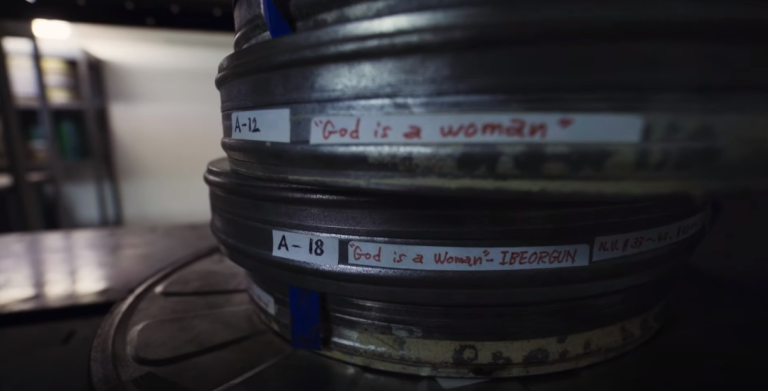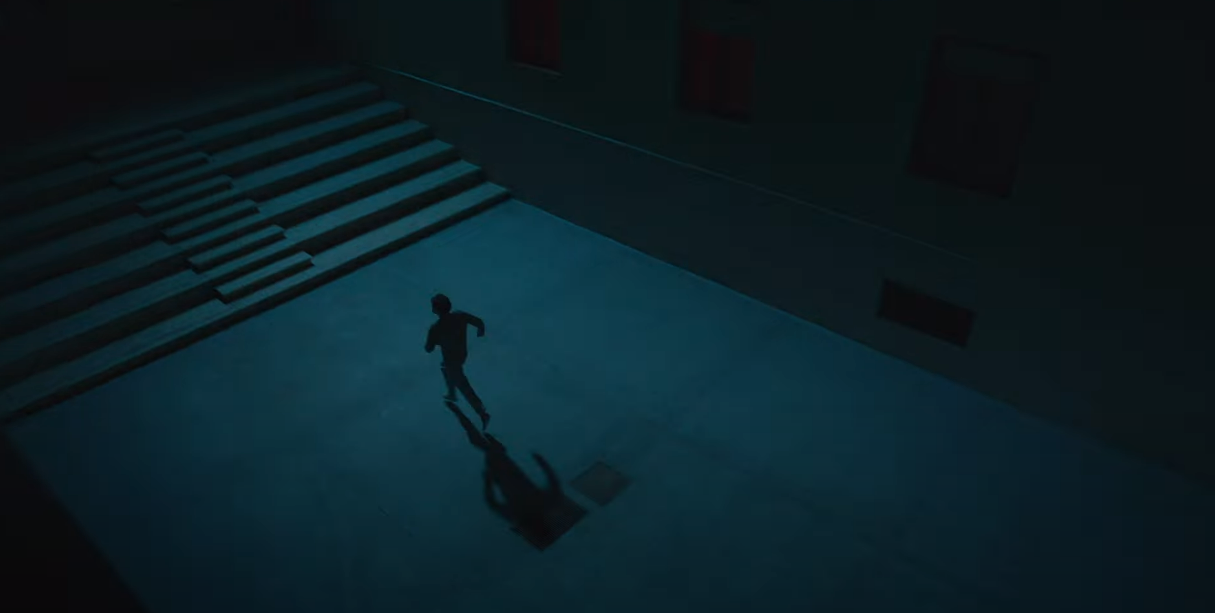

Emile Hirsch stars as Stephen, a gas station clerk and ex-military man falsely accused of a crime he knows nothing about. Despite his innocence, he finds himself medicated and harassed by authorities. With his fingerprints found on the car where a body was discovered, Stephen struggles to clear his name. The film depicts his desperate fight against a system determined to condemn him.
In “State of Consciousness,” Stephen claims insanity based on a previous misdiagnosis by a psychiatrist who suggested bipolar disorder and paranoid schizophrenia. Despite insisting on minor PTSD, he is confined to a psychiatric facility. There, he faces restraint by two individuals and is forcibly injected. The film follows Stephen’s attempts to escape and reclaim his sense of reality amidst his struggles.
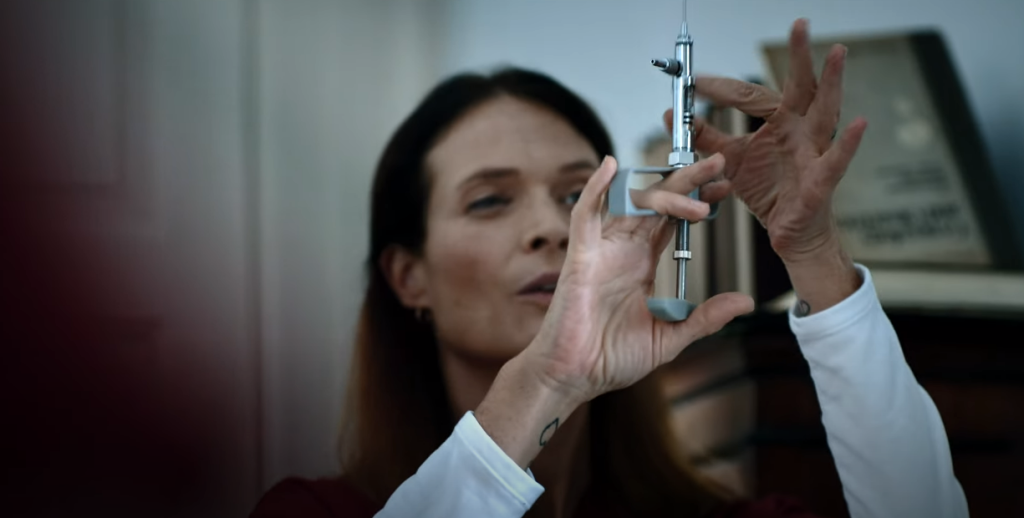
This very film is heavily influenced by Emile Hirsch’s portrayal, which blends self-pity with a twitchy performance. Hirsch, known for starring in low-budget Video-On-Demand films like “Son” and “American Night,” brings his unique style to the role, shaping the overall feel of the movie.
In real life, Hirsch pleaded guilty to aggravated assault charges in 2015, serving 15 days in jail. However, even without considering Hirsch’s personal life, “State of Consciousness” remains a dreary psychodrama. The protagonist, Stephen, constantly faces setups that reinforce his belief that the world is conspiring against him, leading to a relentless and unpleasant narrative.
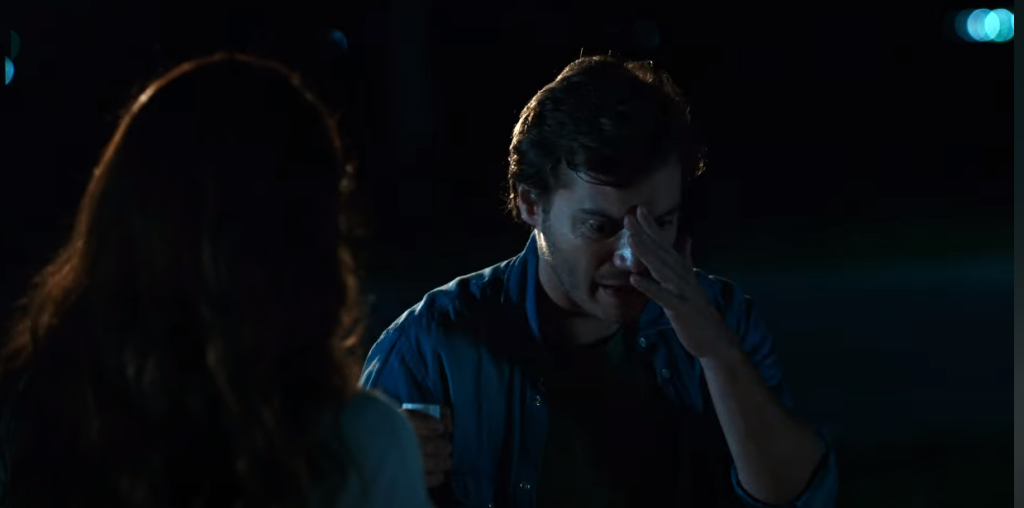
The premise of “State of Consciousness” isn’t bad for a B-movie, and Hirsch’s exaggerated performance fits the tone. However, the film’s portrayal of Stephen’s challenges often feels dull and lacking in energy. A particularly revealing and disturbing moment occurs when a character is unexpectedly killed by a falling motel sign, reading “The Last Stop Motel,” adding a touch of dark humor to the scene.
Stephen’s passivity reaches a point where he feels compelled to shoot another character in the head just to assert himself. The film frequently interrupts violent scenes with blackouts and breaks from linear reality. However, the revelation behind Stephen’s struggles turns out to be disappointingly anticlimactic.
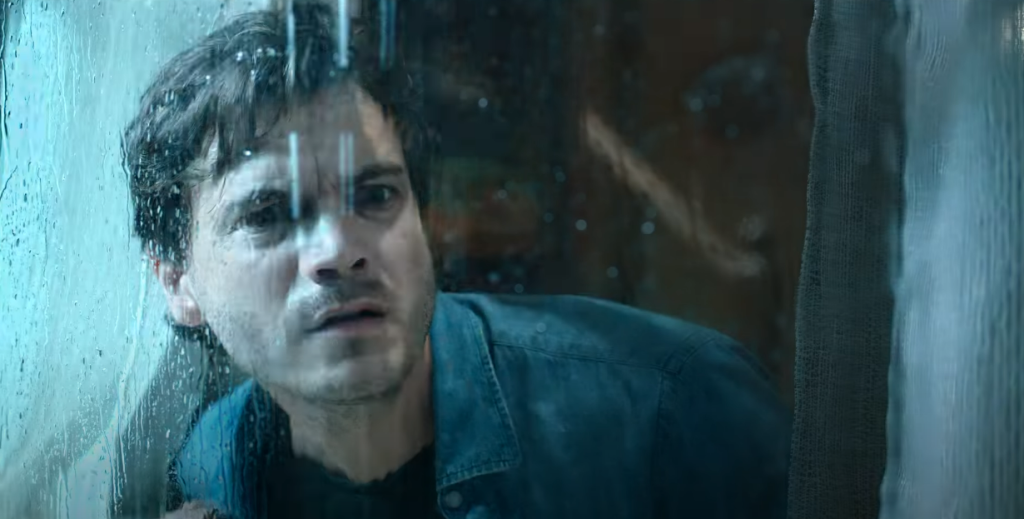
Stephen’s narrative feels contrived from the start, lacking authenticity even before his frequent lapses into insanity. His interactions with his partner Alicia and friend Lester are characterized by forced dialogue delivered in a strained and tiresome manner. The supposed bond between Stephen and Lester is evident when Lester questions the duration of their friendship, to which Stephen can’t recall. Similarly, the once-strong relationship between Stephen and Alicia is portrayed in an overtly tacky opening sex scene. The strained performances and lack of chemistry among the cast further detract from the film’s credibility.
The movie’s plot feels more like a series of piled-up confrontations than a coherent development. Each new conflict adds complexity without offering anything remarkable. Watching Stephen constantly spar with the intimidating Dr. Fielder or being harassed by the biker gang led by Lazlo becomes tedious. Lazlo’s scenes are particularly dull, making even the most uninspired biker films seem lively by comparison.

Watching “State of Consciousness,” you might find yourself emotionally disengaging due to the abundance of dead air and awkward line deliveries. While Stephen’s constant persecution could have had a confessional quality, it’s overshadowed by the lack of personality throughout the film. Brief glimpses of character are unconvincing, and scenes like Emile Hirsch listening to the blues in a mental health center or describing himself as a “poor working man” feel disconnected from the strained logic of the movie. Despite occasional hints of darker and stranger territory, the film never fully explores them.
| Aspect | Summary |
|---|---|
| Plot | Stephen, falsely accused, struggles to clear his name amidst harassment and medication. His insanity plea leads to confinement in a psychiatric facility where he fights to regain reality. |
| Influence of Emile Hirsch | Hirsch’s performance shapes the film’s tone, fitting for a B-movie, but lacks energy. |
| Real-life context | Hirsch’s personal history adds a layer of complexity, but the film’s dreary narrative stands on its own. |
| Character Dynamics | Interactions feel forced, lacking authenticity, chemistry, and depth. |
| Plot Development | The plot feels cluttered with confrontations, lacking coherent development. |
| Emotional Engagement | Dead air and awkward dialogue hinder emotional investment in Stephen’s struggles. |


